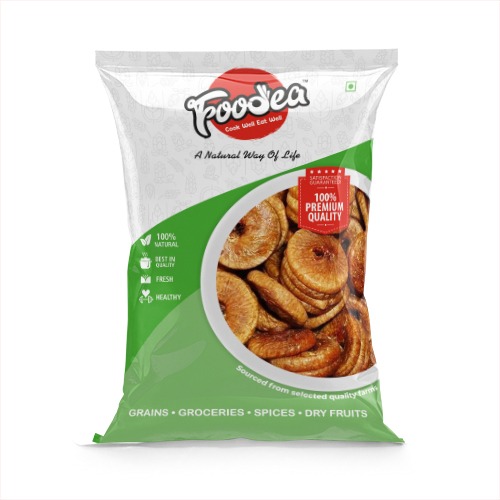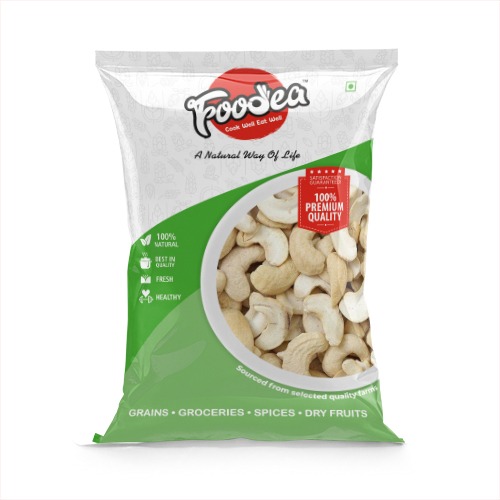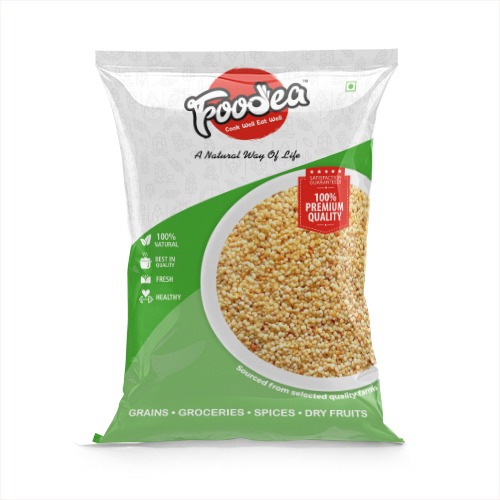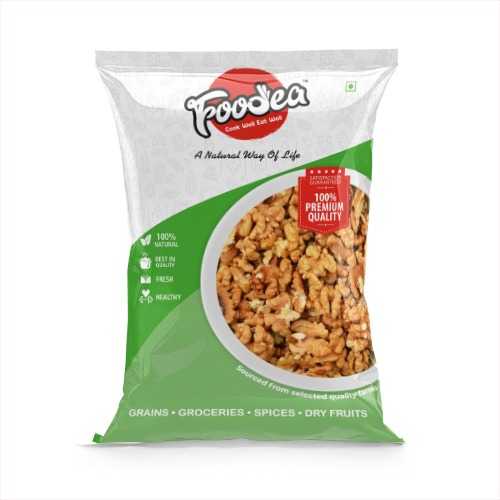The Nutritional Benefits of Dried Figs
Dried figs are not just a delicious snack; they also offer a wealth of nutritional benefits. Rich in essential vitamins and minerals, these fruits are a valuable addition to a balanced diet. One of the most notable aspects of dried figs is their high fiber content, which plays a crucial role in promoting digestive health. Aiding in digestion and preventing constipation, the soluble and insoluble fibers found in dried figs support bowel regularity and overall gut wellness.
Moreover, dried figs are an excellent source of important minerals such as potassium, magnesium, calcium, and iron. These minerals are vital for various bodily functions, including the maintenance of healthy blood pressure levels, strong bones, and effective red blood cell production. Potassium, in particular, helps to balance sodium levels in the body, contributing to heart health. Consuming dried figs can, therefore, be a simple yet effective way to enhance heart health by promoting vascular function.
The antioxidant properties of dried figs are another benefit that deserves attention. Antioxidants work to combat oxidative stress, thereby reducing the risk of chronic diseases. This fruit is rich in phenolic compounds and flavonoids, which contribute to its ability to neutralize free radicals and reduce inflammation in the body.
In addition to their health benefits, dried figs are cherished for their versatility in culinary applications. They can be enjoyed on their own as a snack, incorporated into salads, or used in desserts, showcasing their ability to complement a wide range of dishes. Their natural sweetness makes them an appealing alternative to processed sugars for those seeking healthier options.
Foodea’s Strategy for Global Distribution
Foodea has adopted a comprehensive strategy to establish a robust global distribution network for its high-quality dried figs. The company prioritizes sourcing figs from regions known for their superior quality, ensuring that only the best products reach the international market. By collaborating directly with local farmers, Foodea emphasizes sustainable harvesting practices, reinforcing its commitment to environmental stewardship and ethical sourcing.
To cater to the diverse needs of international markets, Foodea has invested in unique packaging solutions that enhance product preservation and appeal to consumers. This attention to detail not only ensures the freshness of dried figs during transit but also aligns with varying cultural preferences for packaging aesthetics. Foodea’s approach reflects a deep understanding of consumer behavior, which is essential for establishing a strong brand presence globally.
Partnerships with reliable distributors play a crucial role in Foodea’s global distribution strategy. By forming alliances with established distribution networks, the company can effectively position its products in major markets. This strategic collaboration facilitates broader reach and greater visibility, ultimately increasing brand awareness among potential consumers. Moreover, targeted marketing campaigns are utilized to educate markets about the health benefits and culinary versatility of dried figs, further enhancing consumer interest and demand.
Logistics, however, presents significant challenges in the distribution of dried figs worldwide. Foodea continuously optimizes its supply chain management to address these hurdles, focusing on efficient transportation, storage, and handling practices. The growing demand for dried fruits in various countries necessitates a proactive approach to logistics, ensuring that the company can meet consumer expectations while maintaining product integrity.
In conclusion, Foodea’s strategic approach to global distribution of dried figs emphasizes quality sourcing, sustainable practices, innovative packaging, and strong partnerships. With a keen focus on overcoming logistical challenges, Foodea is well-positioned to meet the increasing global demand for dried fruits effectively.











